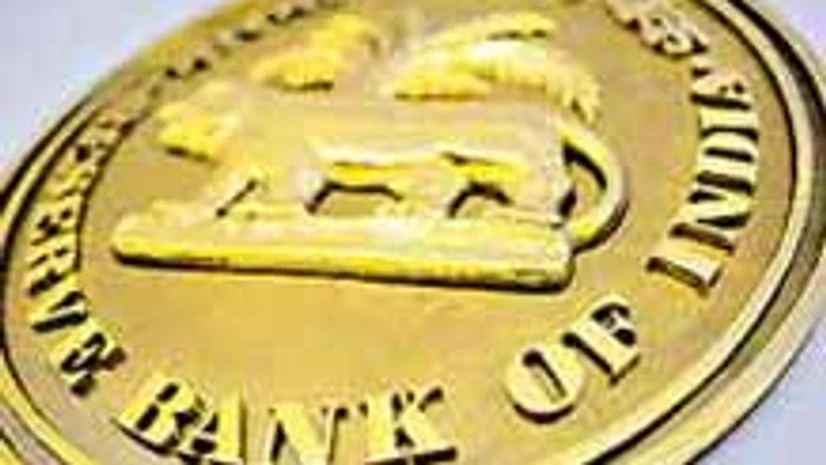The finance ministry has mooted the idea of offering sovereign bonds to foreign investors but the central bank, one is told, does not think this is a good idea.
The ministry has suggested this to strengthen the foreign exchange reserves, in the wake of a volatile rupee and widening current account deficit.
Dissenting bankers say the international experience suggests yields of such bonds become very volatile and this could affect the yields of the 10-year benchmark government bond in India. Some Latin American countries had issued such bonds in the past.
More From This Section
The country’s reserves touched a high of $304 billion in 2010-11 and then dipped.
RBI had said it would be cautious in using the reserves to contain a volatile rupee. Data shows that portfolio inflows have dominated in recent years, rather than foreign direct investment, highlighting the need for policies to encourage flows of a durable nature.
“If you see the Euro zone, they have this external holding of debt. So far, India had the advantage of debt being held internally. That advantage will go away and external holding of debt can create huge stress in the system. At the same time, given the current account situation, it will help in permanent support coming in and it also help to create effective benchmarks,” said Abheek Barua, chief economist, HDFC Bank.
Economists also say raising forex reserves via bond issuances abroad could impact the external debt position.
As of end-September 2012, this was significantly higher than in the preceding quarter, with a rise in both long-term as well as short-term components. In particular, there was a surge in non-resident external rupee-denominated deposits, reflecting the continued interest shown by non-residents due to better returns and rupee depreciation.
“If it is a foreign currency bond, the level of external debt goes up. But I do not think the rating agencies will view this very unfavourably. Overall, it is a good move because this will allow the government to raise lower cost funds and establish a benchmark in global markets,” said Saugata Bhattacharya, chief economist, Axis Bank.

)
